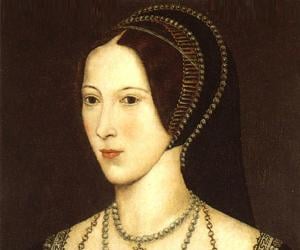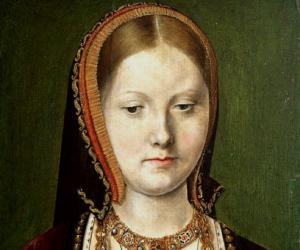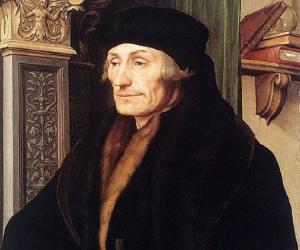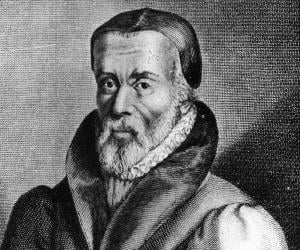The queen of England from 1533 to 1536, Anne Boleyn played an important role in the political and religious upheaval that led to the beginning of the English Reformation. She is widely regarded as the most important and influential queen consort of England. She was charged with adultery, incest, and treason and was executed by beheading in 1536.
Catherine of Aragon was one of the most popular English royal consorts of all time. A patron of Renaissance humanism, she gained widespread admiration for starting a program for the relief of the poor. A woman who was ahead of her time, Catherine commissioned The Education of a Christian Woman, a controversial book promoting women's right to education.
Born as an illegitimate child of a priest from Rotterdam, Desiderius Erasmus later grew up to be a significant figure of the northern Renaissance. He is remembered for his research on free will and for being the first to edit the New Testament, replacing traditional elements with new-age humanism.
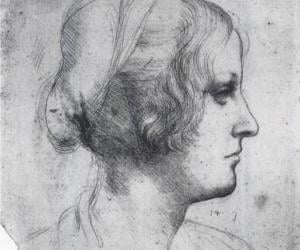
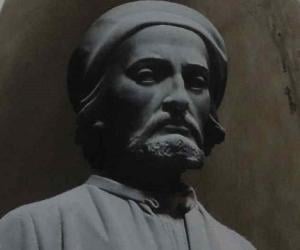
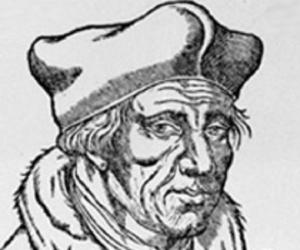
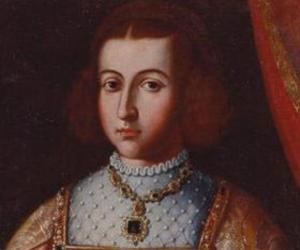
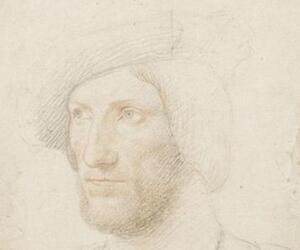
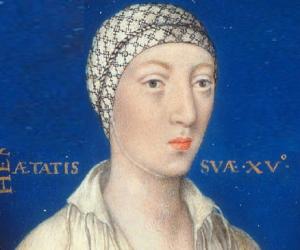
Henry FitzRoy, Duke of Richmond and Somerset, was the son of Henry VIII and his mistress Elizabeth Blount. Henry FitzRoy was the only illegitimate child acknowledged by King Henry VIII of England. In spite of being an illegitimate child, Henry FitzRoy was made Duke of Richmond and Somerset. He was later made Lord-Lieutenant of Ireland.
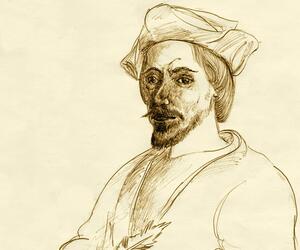
Gil Vicente was a Portuguese poet and playwright. He is considered the principal dramatist of Portugal and one of the greatest playwrights in Western literature. He is also renowned for his work in the Spanish language and is referred to as the Father of Spanish and Portuguese drama. Vicente is also counted among the leading figures of the Portuguese Renaissance.

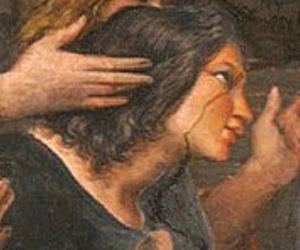

English scholar, William Tyndale, became a leading figure in the Protestant Reformation in the 16th century. He is known for translating the Bible into English. An active writer, he wrote extensively on political issues and religion. He was accused of heresy and condemned to be burned to death. Executed in 1536, he is honored as a martyr.

Ibn Kemal was an Ottoman historian, poet, jurist, and scholar of the Islamic sciences. A respected scholar, Kemal was commissioned to write an Ottoman history by the eighth Sultan of the Ottoman Empire Bayezid II; he titled his work 'The Chronicles of the House of Osman.' During Suleiman I's reign, Kemal was appointed as the supreme head of the ulama.
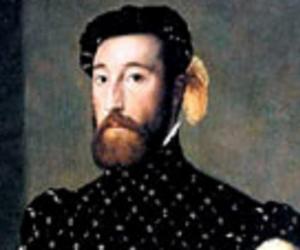
Born into a noble Spanish family, Garcilaso de la Vega grew up to be one of the greatest poets of the Golden Age of Spanish literature. Most of his mature writings were inspired by the Italian Renaissance and carried themes such as failed love. His notable works include Dialoghi di amore.

Garcia de Resende was a Portuguese poet, draftsman, chronicler, editor, musician, and architect. He is best remembered for his work, The Cancioneiro Geral, a compilation of poems from the 15th and 16th centuries. Garcia de Resende is also remembered for serving as a private secretary under the Portuguese King John II.
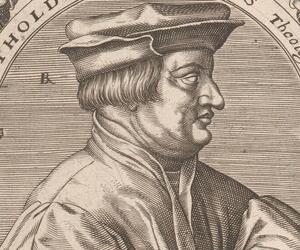
Born in Aldingen in Germany, Berchtold Haller is best remembered as a Protestant reformer of Bern, Switzerland. He gained an interest in theology after becoming acquainted with Lutheran reformer Philipp Melanchthon in Pforzheim, where he completed his schooling. He had initially also taught at gymnasiums in Bern and Rottweil.
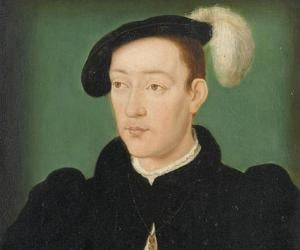
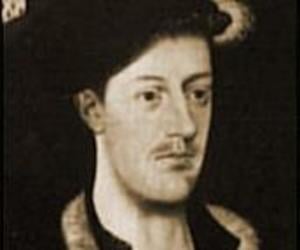
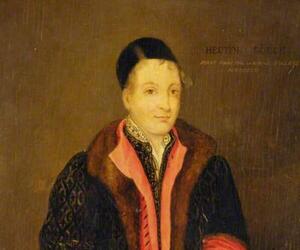
Hector Boece was a Scottish historian and philosopher best remembered for his role as the first principal of King's College, a precursor of the University of Aberdeen, where he often delivered lectures on divinity and on medicine. He is also remembered for his books, History of the Scottish People and Lives of the Bishops of Murthlack and Aberdeen.
